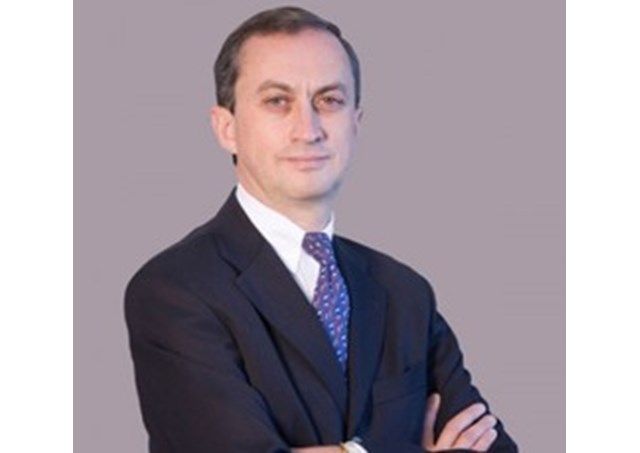
Mexico and Holy See together promote human rights, security

(Vatican Radio) Mexico is working to meet the challenges created by and associated with the flux of migrants – many of them children and young people – especially from Guatemala, Honduras, and El Salvador, through Mexico and toward the United States – and the Church is one of Mexico’s most important partners in caring for the most vulnerable among the people attempting the perilous trek. This was just one of the messages that Mexico’s Vice-Minister for Multilateral Affairs and Human Rights, Ambassador Juan M. Gomez-Robledo, had to deliver during a conversation with Vatican Radio on Friday. “We are working in close coordination with the Church,” he explained, “because it is the Church – the Catholic Church – that has the most important network,” of facilities and outreach operations serving migrant populations in the country and across the border in the US. “Our consuls work with local Churches in the US, because the local Churches are closest to the migrants,” he added.
Click below to hear Ambassador Juam M. Gomez-Robledo's extended conversation with Chris Altieri
Ambassador Gomez is in Rome this week for consultations with the Holy See on a range of issues of mutual concern: from nuclear disarmament, to curtailing the conventional arms trade, to human trafficking, human rights, dignity and the rule of law.
The partnership between the Holy See and the Mexican government in addressing the challenges associated with migration, however, was a central focus of both the Ambassador’s round of meetings, and his conversation with Vatican Radio – especially in the wake of their bi-lateral colloquium this past July, the purpose of which was to coordinate a joint programme between the Mexican government and the Holy See on the issue. Ambassador Gomez told Vatican Radio that his country has continued to make significant progress since the meeting. “We have strengthened our capacities on the ground, not only with our training of our migrant authorities – and I do have to acknowledge that these people until recently were not where we needed [them to be] in terms of their training; we have strengthened the infrastructure on the border,” especially in the form of basic and emergency health care, he said.
Ambassador Gomez went on to explain that Mexico has also changed its legal framework in order to accommodate and assist migrants. “We have changed our laws,” he said, adding, “one of the most salient points is that we now give work permits to migrant workers in the five Mexican states that are closest to the border, where we have to acknowledge that we have also a shortage in work force.” The Ambassador also said that there are important hurdles remaining. “We do recognize that we have important challenges to face when it comes to trafficking of persons,” he said – challenges Mexico is prepared to meet together with the Holy See.
| All the contents on this site are copyrighted ©. |


